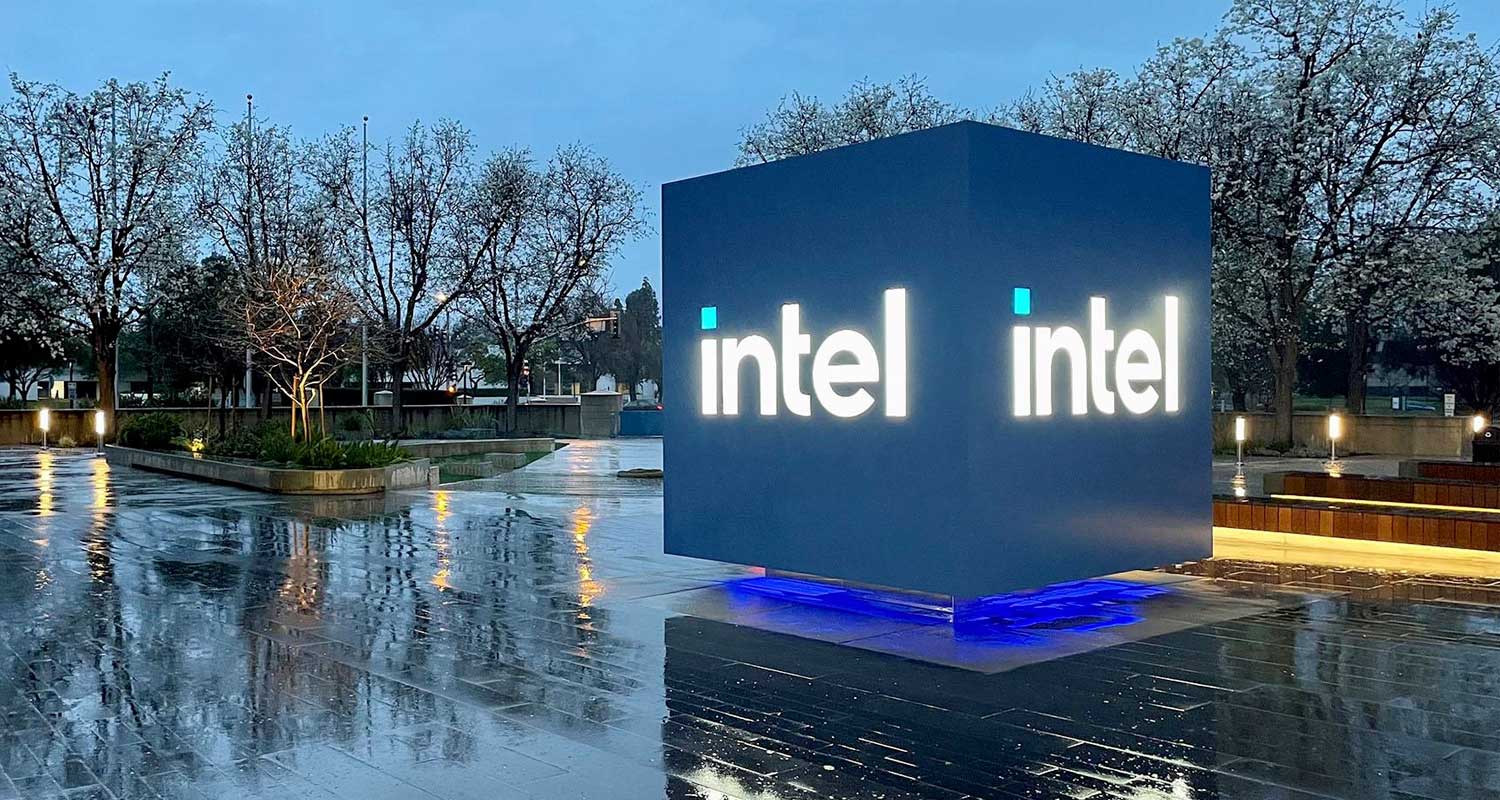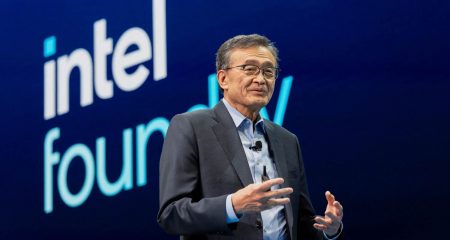 ARM Holdings approached Intel about potentially buying the ailing chip maker’s product division, only to be told that the business isn’t for sale, according to a person with direct knowledge of the matter.
ARM Holdings approached Intel about potentially buying the ailing chip maker’s product division, only to be told that the business isn’t for sale, according to a person with direct knowledge of the matter.
In the high-level inquiry, ARM didn’t express interest in Intel’s manufacturing operations, said the person, who asked not to be identified because the discussions were private. Intel has two main units: a product group that sells chips for PCs, servers and networking equipment, and another that operates its factories.
Representatives for ARM and Intel declined to comment.
Intel, once the world’s largest chip maker, has become the target of takeover speculation since a rapid deterioration of its business this year. The company delivered a disastrous earnings report last month — sending its shares on their worst rout in decades — and is slashing 15 000 jobs to save money. It’s also scaling back factory expansion plans and halting its long-cherished dividend.
As part of its turnaround efforts, Intel is separating the chip product division from its manufacturing operations. The move is aimed at attracting outside customers and investors, but it also lays the groundwork for the company to be split up — something Intel has considered.
ARM, which is majority-owned by SoftBank Group, makes much of its revenue selling chip designs for smartphones. But CEO Rene Haas has sought to broaden its reach outside of that industry. That’s included a push into PCs and servers, where its chip designs are going up against Intel’s. Though Intel doesn’t have the technological edge it once held, the Santa Clara, California-based company remains dominant in that market.
Fully formed products
Combining with Intel would help ARM’s reach and kick-start a move towards selling more of its own products. The company currently licenses technology and designs to customers, who then turn them into complete components. Its client list includes the biggest names in technology, such as Amazon.com, Qualcomm and Samsung Electronics.
Under Haas, the company has moved more in the direction of offering fully formed products — potentially putting it in competition with its licensees.
Read: Qualcomm exploring bid for Intel – source says talks at early stage
ARM, based in Cambridge, England, only has a fraction of the revenue of Intel. But its valuation has soared since an initial public offering last year and now stands at more than $156-billion. Investors see the company as a beneficiary of the AI spending boom, especially as it moves further into data centre chips. ARM also has the backing of Japan’s SoftBank, which owns an 88% stake, potentially giving the company additional financial clout.
Intel, in contrast, has lost more than half its value this year and has a current market capitalisation of $102.3-billion. — Reporting with assistance from Caroline Hyde, (c) 2024 Bloomberg LP




